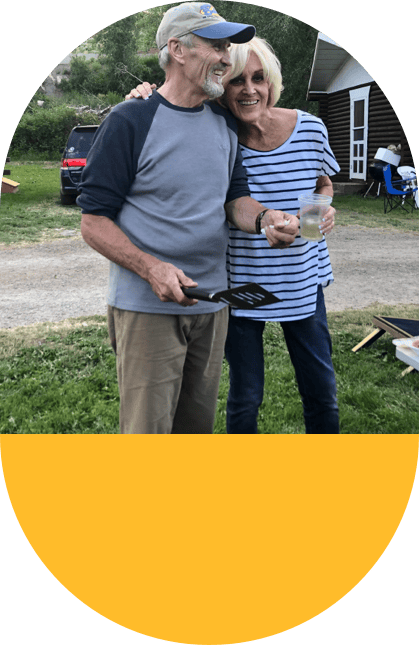As our loved ones enter their golden years, we are presented with the important opportunity to ensure their safety and well-being, possibly by considering the option of a nursing home. While the thought of a major life change can be daunting, it’s also a chance to provide them with the care and support they need during this phase of life. This decision, made out of love and concern, can lead to a positive new chapter for them, filled with comfort and peace of mind.
Nursing homes, also known as long-term skilled care care, provide round-the-clock care and support for individuals who are unable to care for themselves due to physical or mental limitations. They offer a range of services, including assistance with daily activities such as bathing, dressing, and medication management.
Deciding whether long-term skilled care is the right choice for your loved one ultimately depends on their specific needs and circumstances. Some factors to consider when making this important decision include:
- The level of care needed
- Physical limitations
- Medical conditions
- Safety concerns
- Cognitive abilities
- Social needs
- Financial considerations
- Transitioning from hospital care
- Personal preferences
Understanding long-term skilled care Care
Before deciding if it’s the right choice for your loved ones, it’s important to understand what long-term skilled care care entails. long-term skilled care care, as mentioned earlier, provides 24-hour medical care and supervision for those with physical or mental limitations. This level of care is typically recommended for individuals who can no longer manage their daily activities due to chronic conditions such as Alzheimer’s, dementia, or physical disabilities.
In addition to basic assistance with daily activities, long-term skilled care care also offers medical services such as wound care, medication management, and physical therapy. This allows for a comprehensive approach to managing an individual’s health and well-being.
Factors to Consider for long-term skilled care Care
When deciding if long-term skilled care care is the right choice for your loved one, it’s important to consider their specific needs and circumstances. Here are some factors that can help guide this decision.
Level of Care Needed
The level of care needed is a crucial factor to consider when transitioning to long-term skilled care care. If your loved one requires round-the-clock medical attention and assistance with daily activities, long-term skilled care care may be the most suitable option.
Physical Limitations
Physical limitations can also play a significant role in determining if long-term skilled care care is the right choice. For instance, if your loved one is experiencing mobility issues or has difficulty performing basic tasks such as bathing or dressing, long-term skilled care care can provide the necessary support.
Medical Conditions
Chronic medical conditions are also important to consider. If your loved one has multiple health issues that require ongoing management and supervision, long-term skilled care care can provide a comprehensive approach to their healthcare needs.
Safety Concerns
If your loved one is at risk of falls or other safety concerns, long-term skilled care care can offer a secure and supervised environment for them. long-term skilled care care communities are equipped with necessary safety measures to prevent accidents and ensure the well-being of residents.
Cognitive Abilities
For individuals with cognitive impairments such as dementia or Alzheimer’s disease, long-term skilled care care can offer specialized support and activities to promote cognitive function and quality of life. long-term skilled care care communities have trained staff who are experienced in caring for individuals with these conditions.
Social Needs
While long-term skilled care care primarily focuses on medical and physical needs, it also offers opportunities for socialization and engagement. long-term skilled care care communities often have scheduled activities and outings to promote social interaction among residents.
Financial Considerations
It’s important to consider the financial aspect when deciding on long-term skilled care care. While it may be more expensive than other types of long-term care, it often provides a higher level of medical support and supervision. However, it’s essential to discuss payment options and any potential financial assistance with the long-term skilled care care facility.
Transitioning from Hospital Care
For individuals who require ongoing medical care after being discharged from the hospital, long-term skilled care care can provide a smooth transition. long-term skilled care care communities have the necessary resources and trained staff to ensure proper medical care is continued after leaving the hospital.
Personal Preferences
Lastly, it’s important to consider your loved one’s personal preferences and lifestyle. long-term skilled care care communities can cater to individual needs and preferences, from dietary restrictions to preferred daily routines. This level of customization can greatly improve the overall quality of life for your loved one.
Discover Long-Term Skilled Care with Compassion at Juniper
At Juniper Senior Living, our dedicated team is here to provide support and guidance every step of the way. We offer personalized care plans and compassionate staff to ensure your loved one receives the level of care they need.
Contact us today to learn more about our long-term skilled care care services. We are committed to providing the highest quality of care for your loved one in a warm and welcoming environment.











